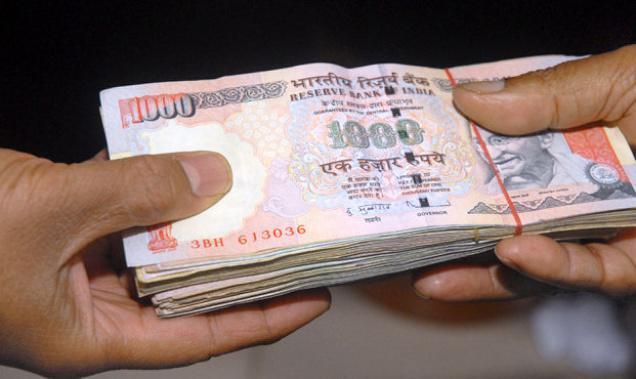Search
What are Shell Companies? Why is the Government Cracking Down on Them?
December 07, 2017
The Indian government learned about the shell companies and their operations a long time ago. However, the issue is making headlines more frequently under the current government, especially as of late. This is mainly because it’s one of the main objectives of the union government to put an end to activities related to tax evasion and money laundering of which these shell companies are an important part.
What are Shell Companies?

There is no official definition of a shell company under the Companies Act, 2013. However, the government recognizes a shell company as a company that serves as an instrument for carrying out money laundering operations.
Many businesses and government officials set up shell companies to evade taxes as well as divert funds from listed or unlisted companies with the help of promoters.
Shell companies can be easily identified as they don’t file financial statements or annual returns for 3 years or more. In other words, they are dormant in nature.
Government’s Efforts Against Shell Companies
The Ministry of Corporate Affairs said that out of the total 10 lakh companies that are registered with the Registrar of Companies (RoC), about 2 lakh are shell companies. The government has issued exclusive guidelines to render these companies dysfunctional.
In September 2017, the Ministry of Corporate Affairs compiled a list of the directors of these shell companies. About 106,578 directors were banned from the boards of other firms and the registrations of about 1.62 lakh companies were canceled for failing to file their financial statements for 2 consecutive financial years.
Investigations are still ongoing regarding other potential shell companies and the RoC is sending out show-cause notices to these.
Income Tax Department: A Helping Hand
The Ministry of Corporate Affairs is largely supported by the income tax department in the crackdown against the shell companies. They have actually signed an agreement to share relevant data on a regular basis. It includes the PAN data, as well as the audit reports of the registered companies.
The fight against the shell companies is not over. However, we have clearly made a lot of progress so far.



